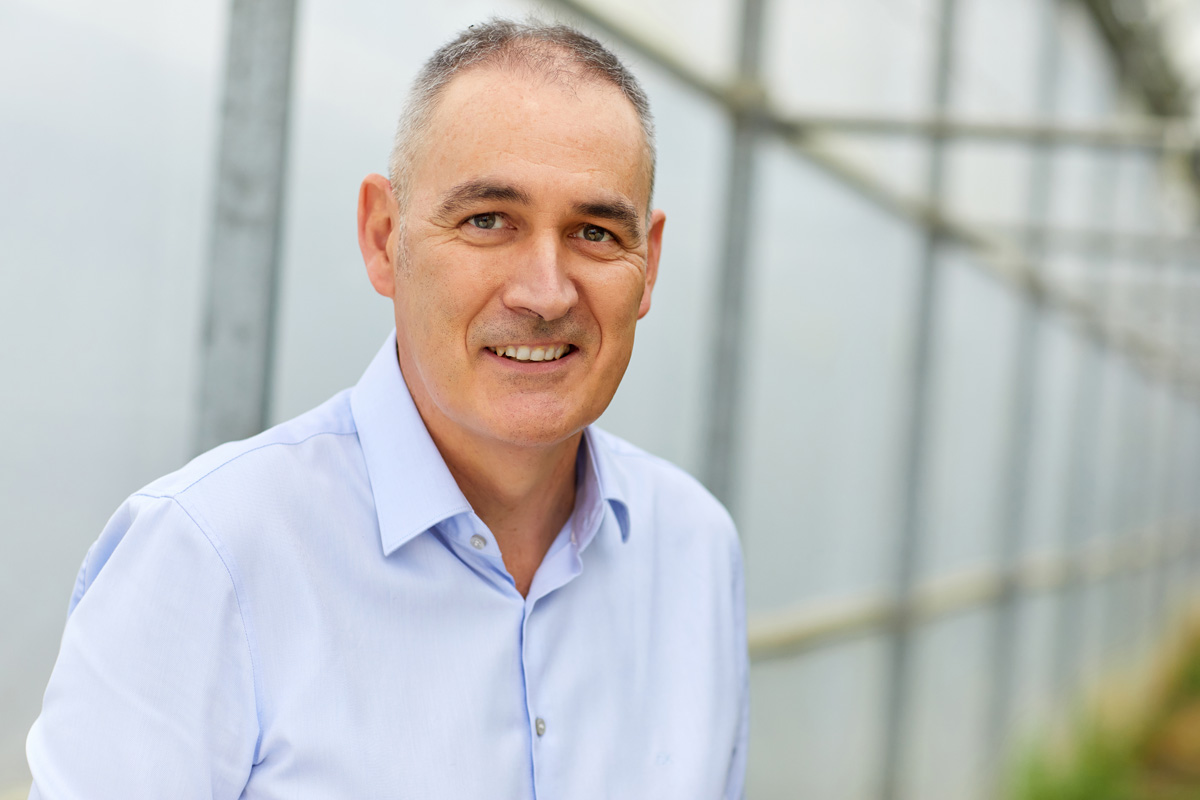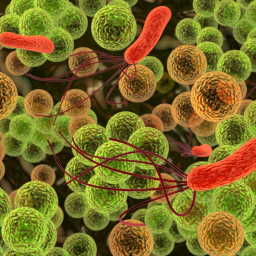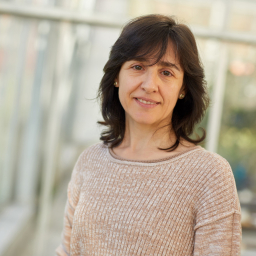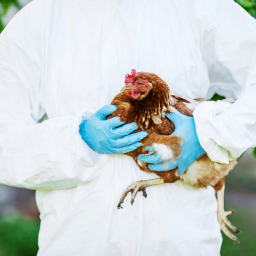NEW
Joseba Garrido: ‘Addressing health issues from a holistic perspective is essential to ensure a safer future’.”
15 April 2025
The ‘One Health’ concept recognises the interconnection between human health, animal health and the environment. To analyse it in detail, Joseba Garrido, responsoble of the Animal Health Department at NEIKER, delves into the impact of this approach in the fight against zoonotic diseases and antimicrobial resistance, two challenges with a major impact on global health. He also discusses the importance of collaboration between different sectors to tackle these threats in an effective and sustainable way.
To put it in context, how would you define the One Health concept?
The ‘One Health’ concept has been defined by the WHO as an integrative and unifying approach that seeks to balance and optimise the health of people, animals and ecosystems in a sustainable manner. This perspective recognises that human health, animal health and the environment are closely interconnected and interdependent, and addressing health issues from a holistic perspective is essential to ensure a safer future.
Why is it important to consider human, animal and environmental health as an interconnected whole?
Many of the infectious diseases that affect humans have their origin in animals, and these pathogens can be transmitted both directly and indirectly. In addition, changes in ecosystems, such as the loss of biodiversity or the introduction of invasive species, can alter the natural balance and favour the emergence and spread of new diseases. A holistic approach that takes all these factors into account is therefore necessary.
With this holistic approach in mind, what kind of research and projects has NEIKER carried out in the past and which ones are you currently working on?
At NEIKER we have spent years developing research focused on zoonotic diseases, i.e. those that can be transmitted between animals and humans. Within this field, we have studied airborne diseases such as tuberculosis, Q fever and avian influenza, or food-borne pathogens such as Salmonella, Listeria, Campylobacter and E. coli. In recent years, we have also increased our focus on antimicrobial resistance, one of the major threats to global public health.
Our work has not only focused on the development and optimisation of diagnostic techniques, but also on the development of new strategies for their prevention and control, such as research into vaccines. We develop research projects for the characterisation of these diseases through epidemiological studies aimed at understanding the presence and distribution of these diseases in our environment, and for the development of new strategies for their prevention and control, including the design of vaccines.
In this context, how does NEIKER promote collaboration between sectors to implement the “One Health” approach?
At NEIKER we work in close collaboration with the production sector and other key players in animal health, human health and the environment. Through research projects, advice to livestock farmers and collaboration with hospital and public health laboratories, we seek to generate joint solutions to the main health challenges. We also participate in the Basque Health Observatory, a space designed to analyse, communicate and research public health issues from a comprehensive approach.
Regarding the health challenges that faces today, what are the main threats in the present and near future?
While it is not possible to predict exactly which diseases will have the greatest impact in the short term or which will emerge in the future, we can say that global change is facilitating the spread of infections. One example is the increase in vector-borne diseases such as mosquitoes and ticks. In the past, climatic conditions in certain regions prevented their presence, but with climate change, these species are expanding into new territories, increasing the risk of transmission of infectious diseases.
How do climate change and biodiversity loss affect our health and that of animals?
Climate change is altering the availability of resources such as water, forcing wild and production animals to share the few available water points, facilitating the spread of diseases. This situation is uncommon in the Basque Country and in the northern area in general, but very frequent in the central-southern part of the Iberian Peninsula.
In addition, the lack of food in their natural environment may lead wildlife to move closer to livestock farms, increasing the risk of pathogen transmission between wild and domestic animals.
What can we do to prevent future pandemics from a ‘One Health’ perspective?
One of the best tools for preventing pandemics is epidemiological surveillance. Early detection of increases in disease incidence or outbreaks allows rapid and effective action to be taken. It is also essential to strengthen the network of specialised human, animal and environmental health laboratories to ensure a rapid response to new threats. Moreover, continuing to promote the responsible use of antibiotics in the livestock sector, as in public health, will help us to preserve a fundamental tool in the fight against bacterial infections, which is being threatened by the rise of resistant bacteria.
Taking these factors into account, what role can NEIKER play in the transfer of knowledge and technology to farmers to promote the prudent use of antibiotics and reduce the spread of resistance?
At NEIKER, we can provide recommendations based on laboratory diagnosis that allow the livestock sector to know precisely which microorganisms are affecting their farms. Thanks to these analyses, it is possible to determine whether it is really necessary to administer antibiotics and, if so, which are the most appropriate, thus avoiding indiscriminate use that favours the appearance of resistance.
In terms of impact on society, how does food production and consumption affect the health of people, animals and the planet?
The way we produce and consume food has a direct impact on environmental sustainability. Although intensive productions allow us to supply a growing population, they can also generate environmental problems if appropriate measures are not implemented. The key is to find a balance between ensuring the necessary production and food security, while minimising the ecological impact.
At the health level, food safety is guaranteed in developed countries, especially in our environment.
Finally, what are the major benefits of implementing the One Health concept globally?
By approaching health from a holistic perspective, we can act more efficiently in the prevention and control of zoonotic diseases, the fight against antimicrobial resistance and food safety. This approach not only protects human and animal health, but also contributes to environmental sustainability, ensuring a safer future for all.






